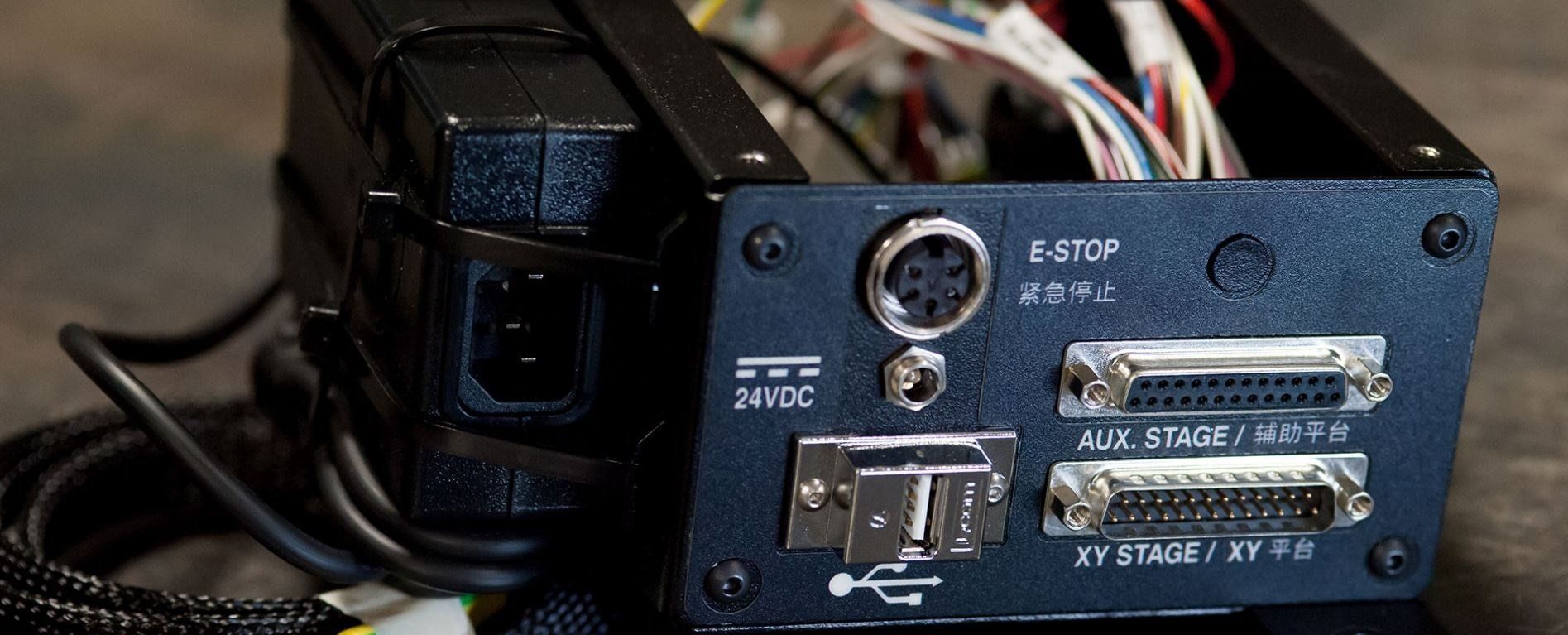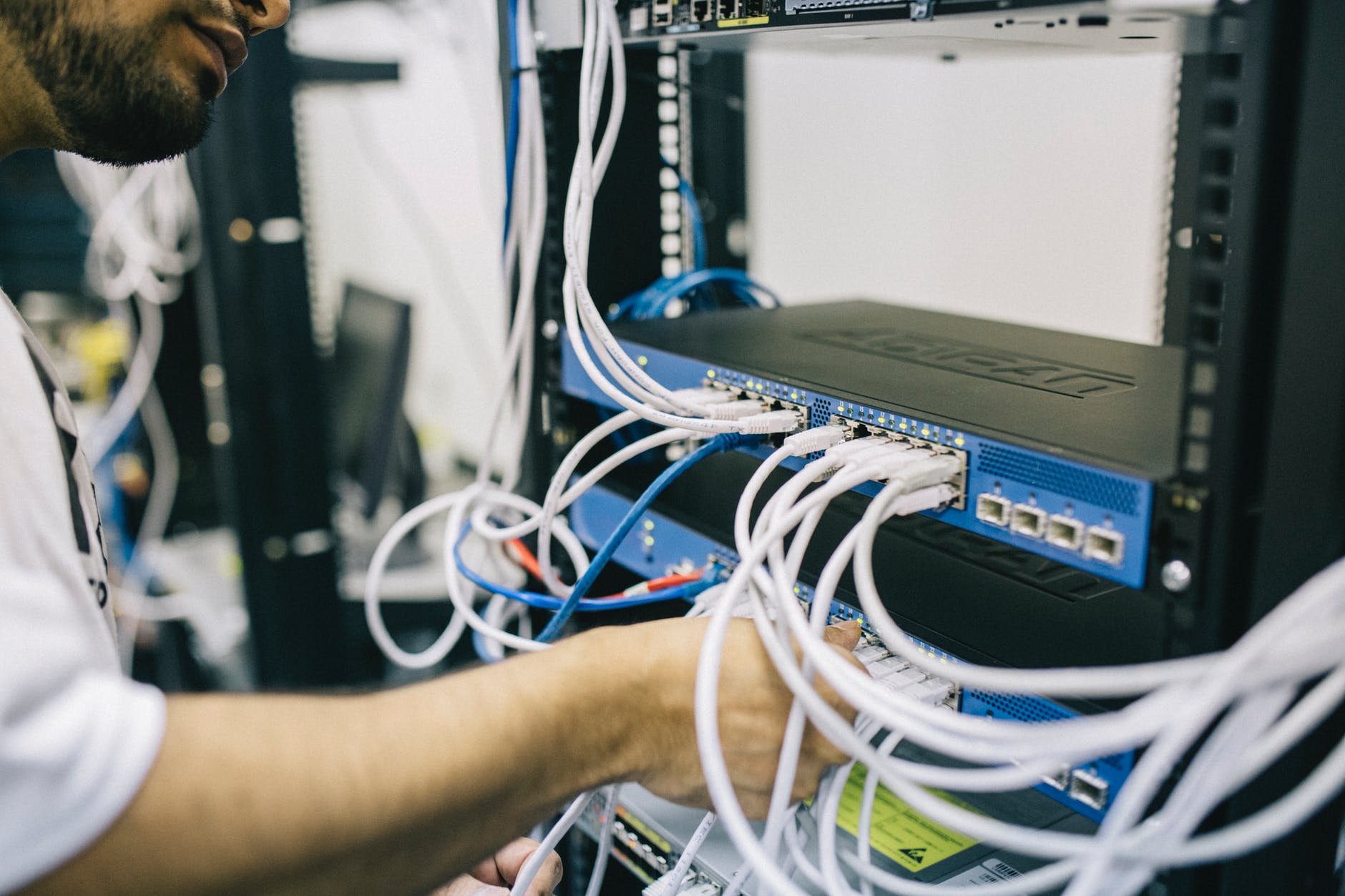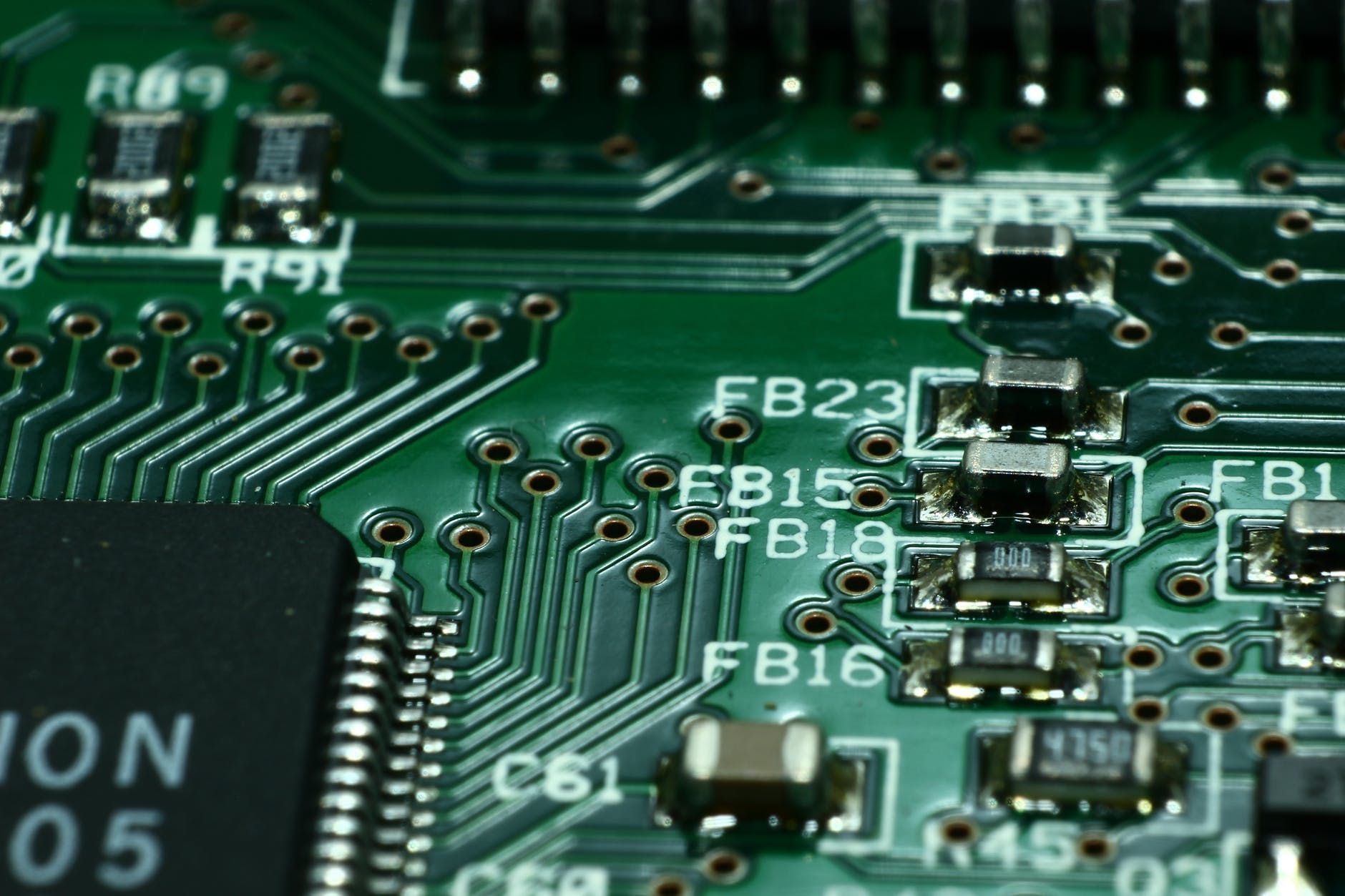How IoT Is Shaping The Future Of Transportation?
Transportation is something that constitutes the substantial amount of our daily time. But it has its own set of challenges like traffic, congestion, vehicle emission etc. This is where we need intelligent and efficient solutions to make transportation easier and sustainable.
How does Iot makes Things Easier?
When you think about public transport, what is the first thing that comes to mind? The rush, the waiting etc and let's say it's not been a joyful experience. With IoT companies can adopt innovative applications and come up with positive solutions. Companies have been investing in IoT to improve the customer service. Transportation authorities are exploring ways to harness the power of technology to provide customers with seamless experience.
Some of the benefits of IoT will be
Vehicle & Equipment Maintenance- Unexpected vehicle breakdown and infrastructure faults can leave the commuters stranded and cause them problems. With IoT integrated they can check for issues in the infrastructure and clear them proactively.
Reduce Traffic Congestion- When the public transport is timely and secured more people will switch to public transport reducing the need for their own vehicles. When the amount of vehicles reduce on the road it leads to lesser traffic.
Efficient Travel- Travel with delays always accounts for traveler dissatisfaction. If they are provided with the real time information on bus delays and breakdown it saves a lot of time waiting for bus.
Improved Operational Awareness- People with warehouse or transportation facility, their work heavily relies on infrastructure. A sub branch called Industrial Internet of Things is making news and can prove helpful. It integrates all assets like electronic forklifts, HVAC systems and collect real time data and find issues if any proactively.
Improved Safety- When we can track things like speed, temperature, parts conditioning etc. we can improve the safety of vehicles.
Sustainable- With improved technology advancements it can help to create systems to reduce pollution and help in better monitoring of congestion.
Applications of IoT in Transportation
IoT is the buzz of the technology field. It has enormous possibilities for sustainable and eco-friendly future. Some of the applications are
Traffic Management- IoT based traffic system plays and important role in traffic management. CCTVs mounted on traffic lights can help to understand the traffic on a particular time and transmit data to the management group and help in traffic congestion.
Assisted Driving & Connected Cars- Self driving cars are not a dream anymore. With IoT fueled communication vehicles have real time information vehicles can have sufficient communication to put brakes on time to avoid collision.
Public Transport Management- IoT can help hugely in smart transportation. They can help provide personalized travel information, where one can track and monitor the commuter travel behavior. Real time vehicle tracking helps communicate with commuters and offer accurate arrival times through mobile devices and passenger information displays at transit stops and stations. Real time management to make progress in real time and make adjustments.
Toll & Ticketing- In some big cities automatic toll transportation systems that utilize radio frequency identification technology tags. RFID tags helps improve the flow of traffic and combined with IoT it can help with smart transportation.
Fleet Management- People who own a large transportation network will benefit from IoT especially when they can track vehicles. They also offer solutions weather locations, related locations etc.
In short IoT is offers unique opportunities to integrate transportation with technology. They can help improve drastically the commuter experience prompting them to a sustainable future.









